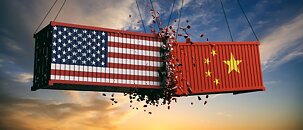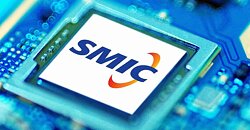
Qualcomm & HUMAIN to Develop State-of-the-Art AI Data Centers
Qualcomm Technologies, Inc., a technology leader enabling connected intelligent computing, and HUMAIN, a national artificial intelligence (AI) champion advancing Saudi Arabia's goals for AI, today signed a Memorandum of Understanding (MOU) with the intent to enter a strategic collaboration for the development of next-generation AI data centers, infrastructure and cloud-to-edge services to meet the rapidly growing demand for AI across the globe, including the Kingdom of Saudi Arabia. The MOU was signed during the Saudi-US Investment Forum in Riyadh, which was held during the official visit of President of the United States Donald Trump to the Kingdom of Saudi Arabia.
The data centers and supporting ecosystem are intended to provide both government and enterprise organizations with access to high-performance and power efficient CPU and AI cloud infrastructure and cloud-to-edge services. These offerings will enable the deployment of AI solutions that can make real-time predictions and decisions, in addition to significantly increasing the availability and value of advanced AI-enabled applications.
The data centers and supporting ecosystem are intended to provide both government and enterprise organizations with access to high-performance and power efficient CPU and AI cloud infrastructure and cloud-to-edge services. These offerings will enable the deployment of AI solutions that can make real-time predictions and decisions, in addition to significantly increasing the availability and value of advanced AI-enabled applications.


































